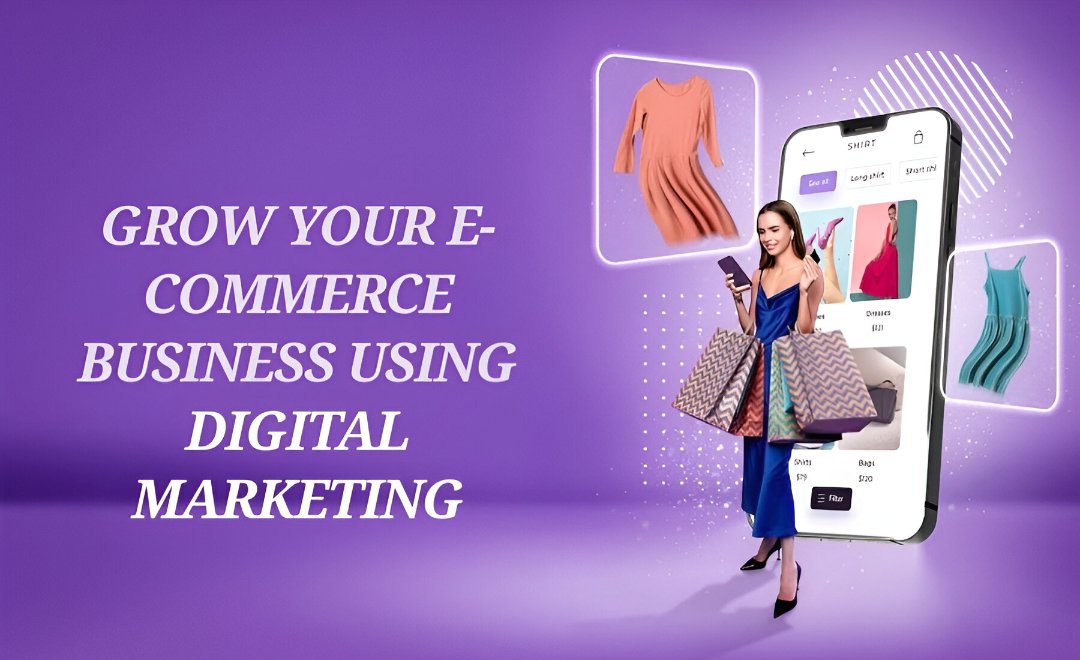
Proven Strategies to Grow Your Business E commerce and Digital Marketing
An E-commerce business is not just about creating a website and selling through it. Since the market is very competitive nowadays, customer are being given thousands of options at their fingertips. Hence, your online store must have the right strategies, and herein lies the use of Digital Marketing.
Online business promotion certainly involves digital marketing. It helps e-commerce businesses in drawing in customers, establishing confidence, and creating sales. A good marketing technique would increase traffic to the site, enhance brand visibility, and improve sales. This blog will explore avenues through which you can use E-commerce SEO, PPC ads, social media, content marketing, and other such digital tools to grow your e-commerce business.
1. The Role Digital Marketing Plays in E-Commerce Growth
In simple terms, Digital Marketing would be promoting either goods or services online through many different channels like search engines, social media, email, and paid advertisements. For an e-commerce business, Digital Marketing makes visibility, builds relationships, and turns visitors into buyers.
Digital marketing allows tracking of performances, targeting the right audience, and trial-and-error periods for campaign optimization and, therefore, should be result-oriented and cost-effective. Without digital marketing, an online e-commerce store is like a shop concealed behind a busy market street-a place that no one knows exists.
2. E-Commerce SEO: Building Organic Visibility
E-commerce SEO is one of the chief ways to grow online, as it makes sure that your website ranks higher in search engines whenever there is a query for the products that you sell.
Key steps for E-commerce SEO:
Keyword Research: Terms customers search for to find your product.
Optimized Product Pages: Clear titles, meta descriptions, and keywords used naturally.
Mobile-Friendly: Most buyers purchase from their phones; hence, your website needs to be responsive.
Loading Speed: A slow website can affect sales and increase bounce rates.
Quality Content: Product guides, FAQs, and blogs promote SEO and customer engagement.
With the right E-commerce SEO, your store can be adequately free and organically generate traffic that would grow and keep paying forever.
3. PPC Ads: The Need for Instant Sales
Don't forget about SEO, but we'd have to say PPC Ads move a bit faster. Google Ads, Facebook Ads, and Instagram Ads tend to provide opportunities for location- or interest-based or search-behavior-based targeting.
Here are a few reasons why PPC ads are useful:
• Instant visibility to your store is created.
• Target ready-to-buy customers.
• Keep a flexible budget; you pay only whenever clicks happen.
• Quickly test several products and campaigns.
PPC ads and E-commerce SEO combine for the best results: while SEO focuses on getting organic traffic in the longer term, PPC focuses on short-term sales.
4. Social Media Marketing for E-Commerce
Getting likes and shares on social media is not big anymore, fame! This stage of socializing has been transformed into a sales channel. Platforms like Instagram, Facebook, and Pinterest allow the e-commerce brand to show products through attractive images and videos/stories.
Grow with social media:
• Use Instagram Reels and short videos for new arrivals promotions.
• Run targeted ads on Facebook and Instagram.
• Work with micro-influencers to create credibility.
• Add direct purchase links called “Shop Now.”
Social media is also great for customer engagement. Replying to comments, sharing user-generated content, and running polls help create that loyal community around your brand.
5. Content Marketing: Educate and Sell
Content marketing is the most brilliant way to bring in and retain customers. It does not sell; instead, it informs and educates to build trust.
Some examples for e-commerce would be:
• Buying guides for products.
• How-to blogs or videos.
• Customer stories and reviews.
• Seasonal shopping advice.
If your audience finds your content useful, more people will step into your online store and make purchases. At the same time, content influences the bounce rate in E-commerce SEO.
6. Email and WhatsApp Marketing
Establishing relationships with customers is vital to achieving repeat business. Email marketing will allow you to promote WhatsApp marketing for e-commerce.
• Promote personalized offers and discounts.
• Send order updates and product launch messages.
• Promote customer loyalty with exclusive deals.
Through such direct means, these conversations ensure your customers hear you effortlessly in comparison to any algorithm/generic ads.
7. Enhancing the Customer Experience with AI and Chatbots
Despite the fact that Digital Marketing revolves around bringing in customers, it is also all about retaining them. AI tools and chatbots are capable of furnishing instant support, suggesting products, and answering FAQs.
For example, if a customer inquires about shipping, the chatbot will respond instantly. Hence, this ensures a fluid buying experience and builds trust between the customer and the store.
8. Use Analytics for Optimization of Results
One of the major benefits of Digital Marketing is measurement. Tools are available: Google Analytics, Facebook Pixel, and Shopify Analytics to track customer behavior.
To be observed:
• Where the website traffic comes from.
• Conversion rate.
• The product most purchased.
• Abandoned cart rate.
With this data, you focus on the weak areas, targeting the right audience and in turn squeezing maximum ROI out of your campaigns.
9. Remarketing and Recovering Lost Sales
Every e-commerce business suffers from cart abandonment. Customers often shop, put it in, and forget it! Queries of an abandoned cart are messages, and they remind customers.
With remarketing ads, you could play the role of reminder for the abandoned cart, offer discounts, or nail the benefits. This tiny strategy leads to an extremely high number of conversions.
10. Building Trust and Brand Loyalty
Digital marketing is not just about an immediate sale. It is about building a brand in the long run. Genuine reviews, sincere testimonials, and good-quality images create a space for trust.
Consistency across all digital channels, whether that is a website, social media, or an ad, strengthens the image of a brand. Over time, this loyalty transforms these one-time buyers into loyal customers.
Final Thoughts
The growth of an e-commerce business is not in the elements of luck but by the enactment of apt digital instruments and respective strategies. E-Commerce SEO, PPC advertising, social media marketing, content marketing, and solid promotions focused on consumers will provide the business with an online presence and steady sales.
Pairing a long-term approach such as SEO with a short-term approach such as PPC is the key to success. Customer experience and trust will build the foundation of a sustainable path toward growth, and decision-making will be an integral part of this direction determined by hard data.
Digital Marketing is no longer optional – it's the lifeblood of every successful e-commerce business. The sooner these strategies are implemented, the sooner an online store will be launched.
❓ Frequently Asked Questions (FAQs):
1. How can Digital Marketing help grow an e-commerce business?
Digital Marketing aids an e-commerce business by enhancing online visibility, driving targeted traffic, and converting visitors into buyers. By means of strategies like E-commerce SEO, PPC ads, Social media, and Email marketing, sales and brand awareness are enhanced.
2. How does E-commerce SEO contribute to online growth?
E-commerce SEO has the function of ensuring that your online store will be ranked better by search engines such as Google. When customers enter search terms to find products that you are selling, this SEO will assist them in discovering your website, thereby providing you with free and endless traffic.
3. Are PPC ads good for e-commerce companies?
Yes. Because of the quick visibility they obtain and because these ads attract people who are actively searching for products, PPC ads are very effective. They are cost-effective, as you pay only when a person clicks. They are a fast way of generating sales.
4. Which are the best digital marketing channels for e-commerce?
We would say that the main channels are SEO, PPC ads, social media marketing, content marketing, email marketing, and WhatsApp marketing. A combination of methods targets short-term sales and long-term growth.
5. How do social media platforms help e-commerce businesses?
Social media platforms such as Instagram, Facebook, and Pinterest help businesses promote products and services, create targeted ads, and communicate directly with customers. Shop Now buttons for reels, socials, etc., promote more conversions.

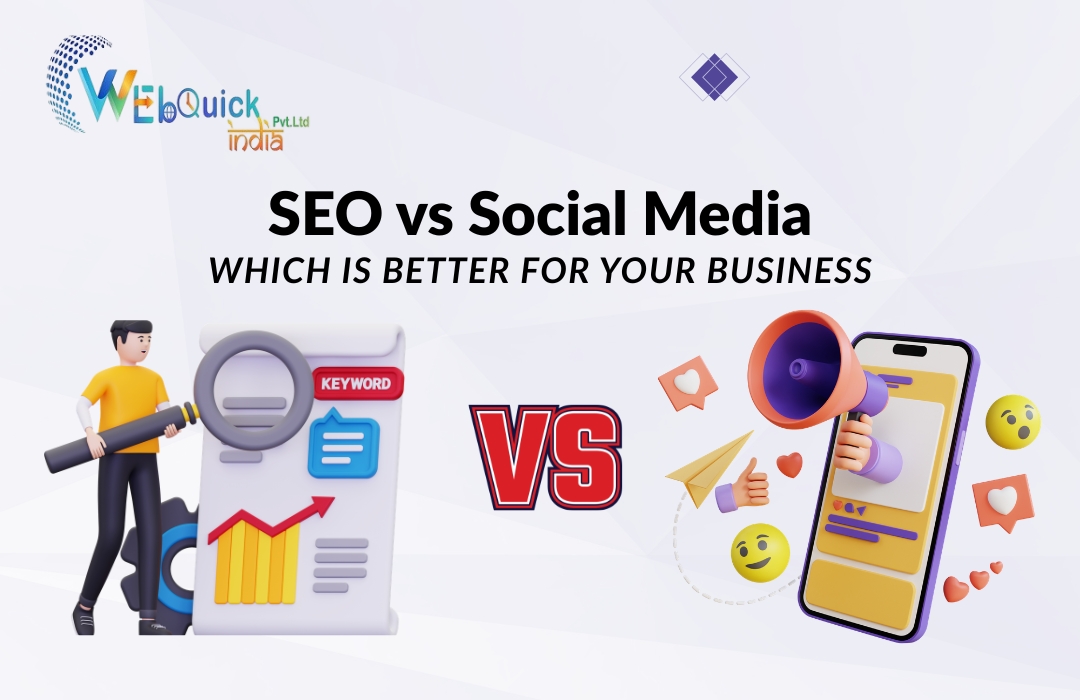
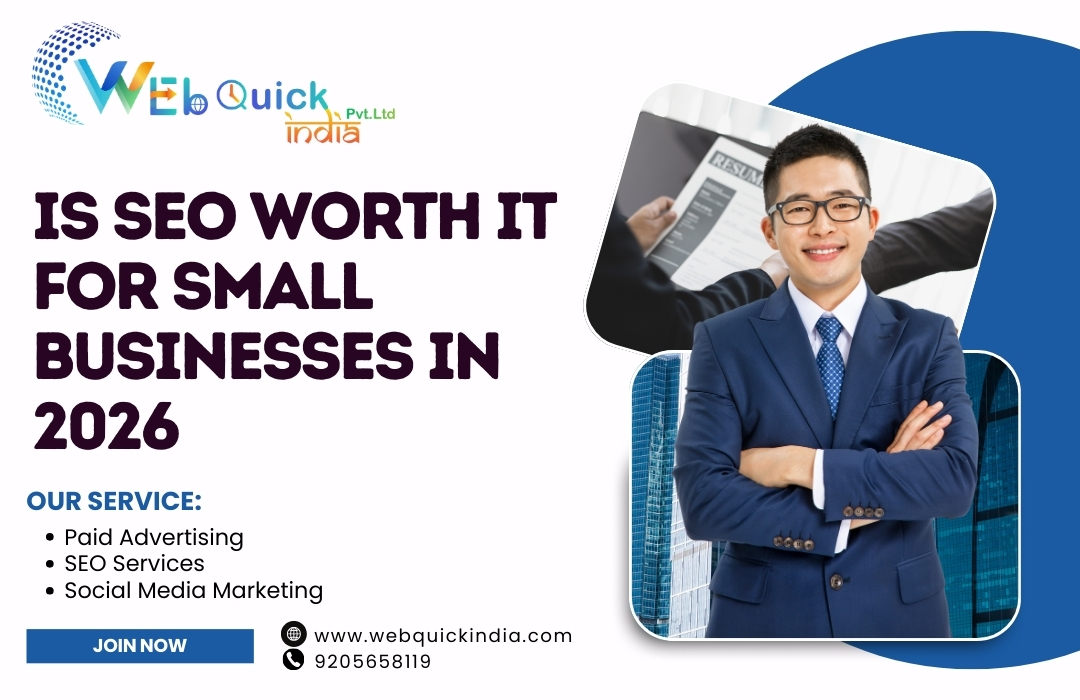
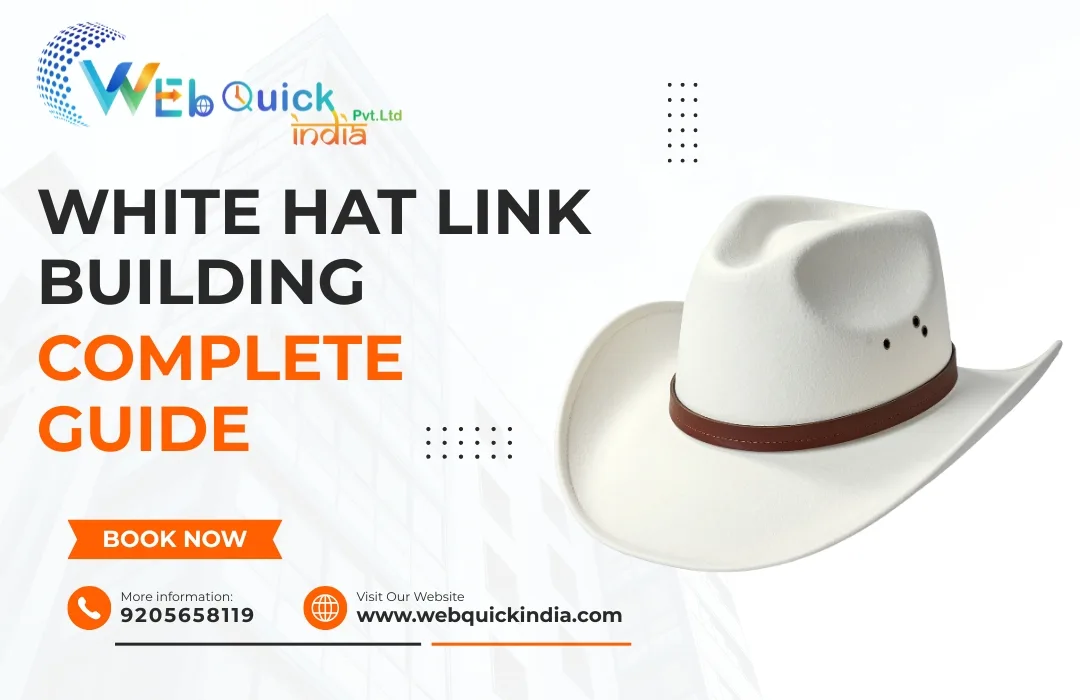
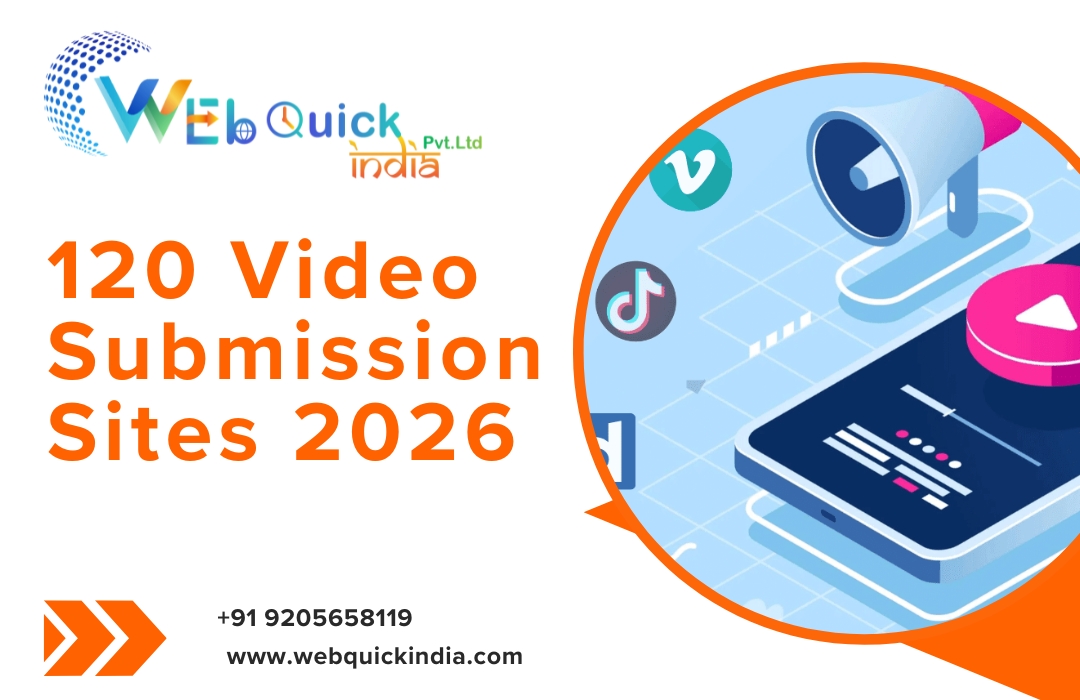
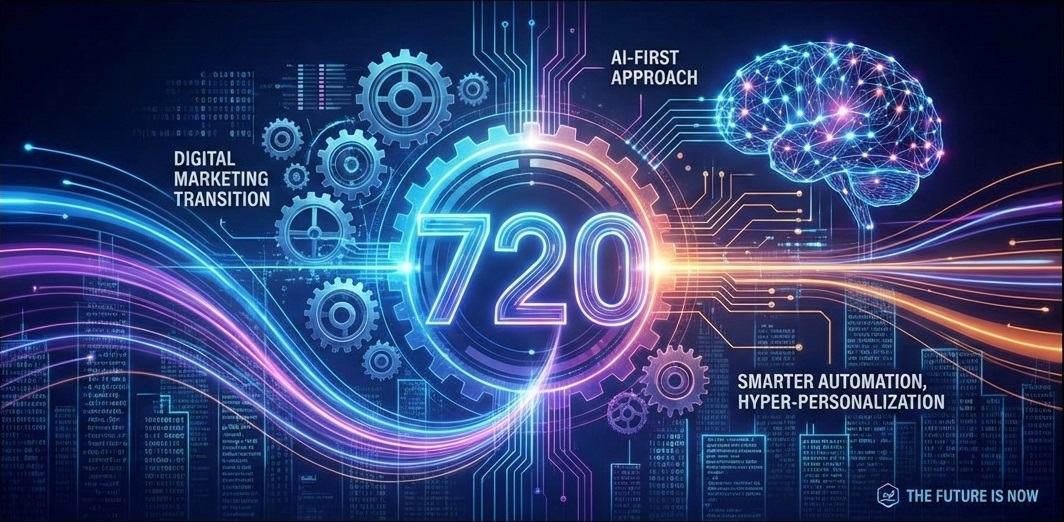
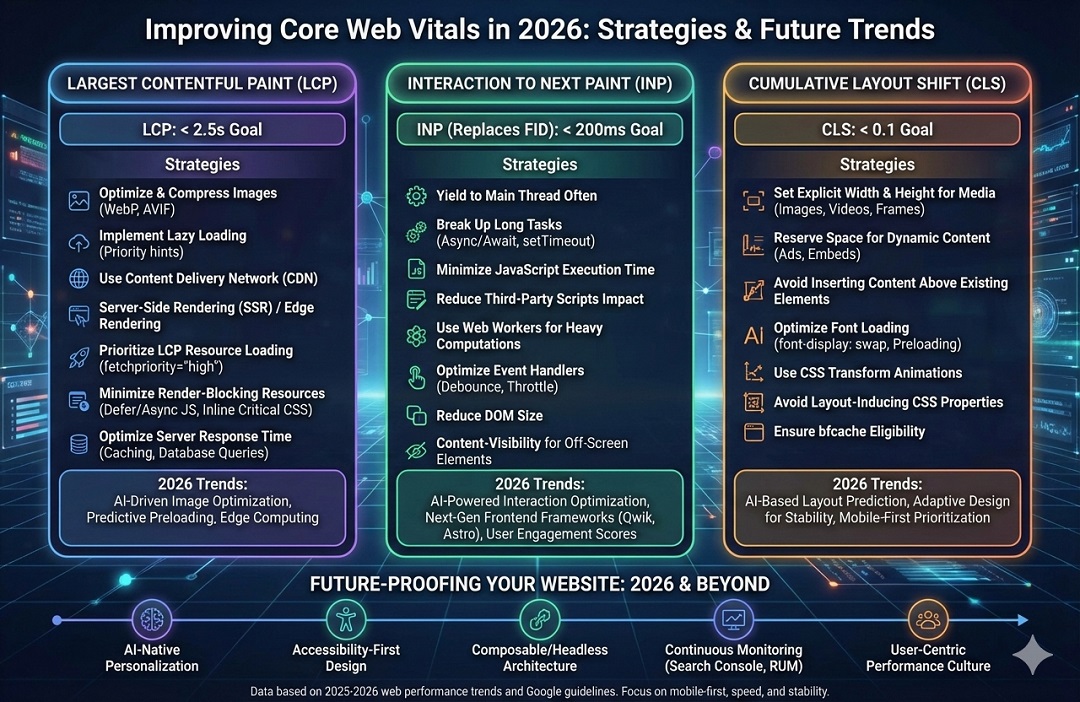
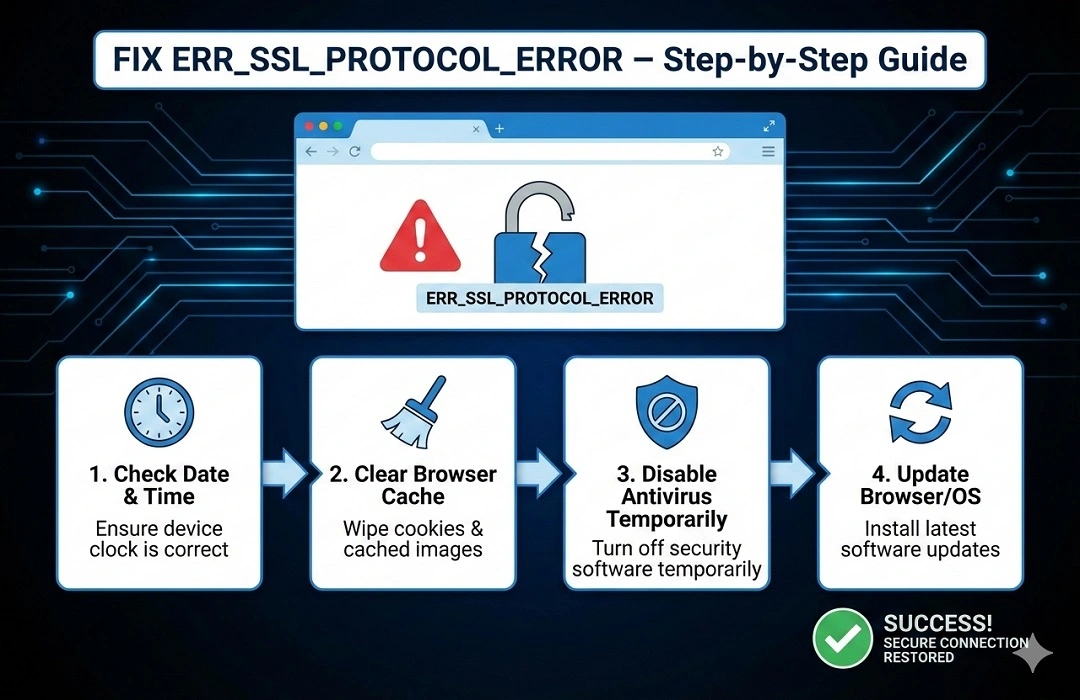

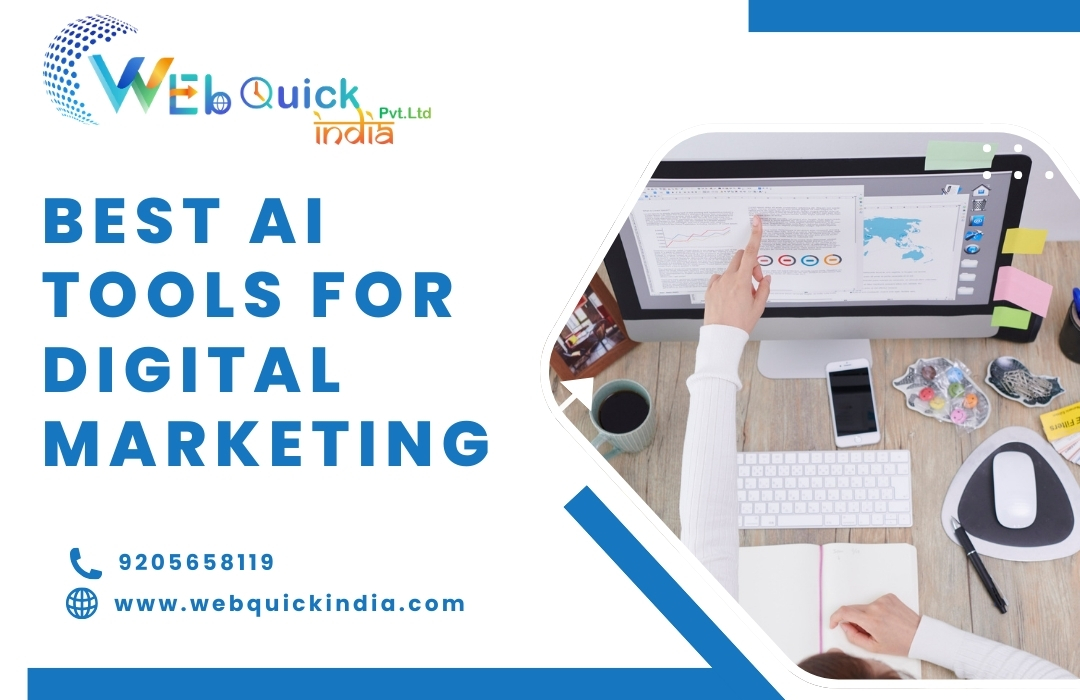
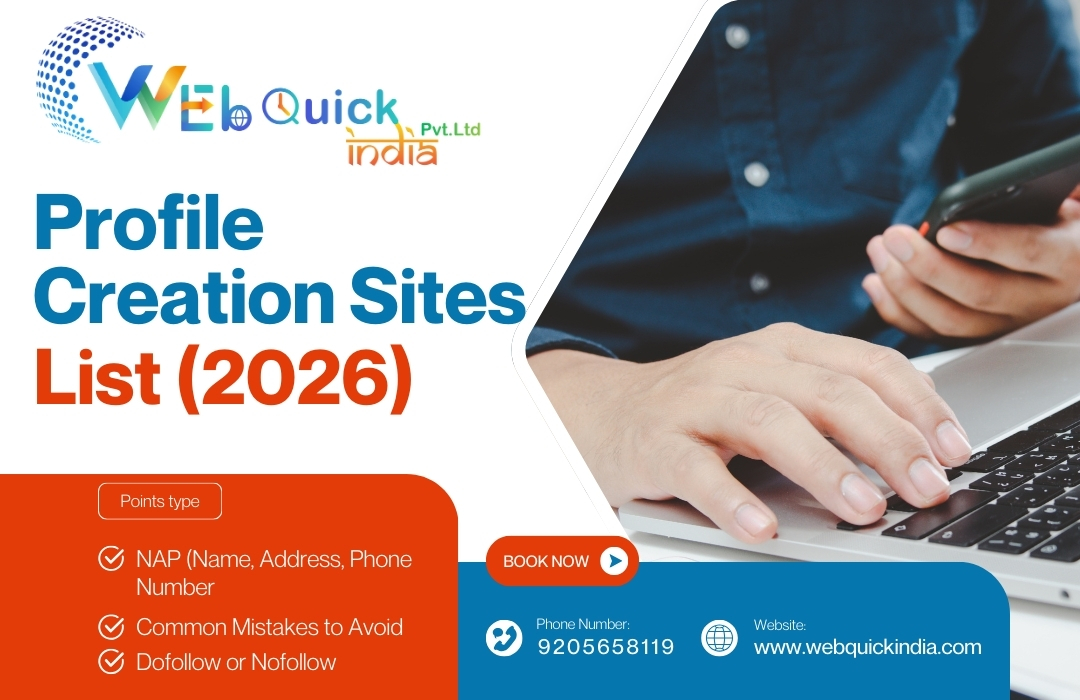

 How It works
How It works



